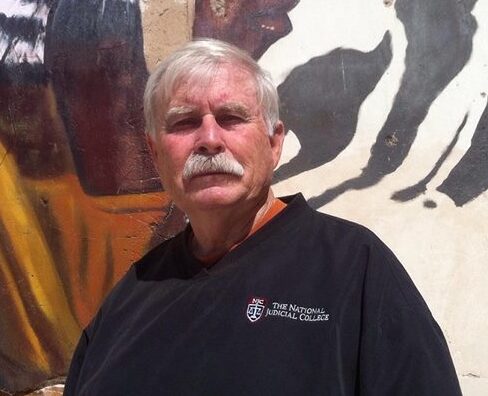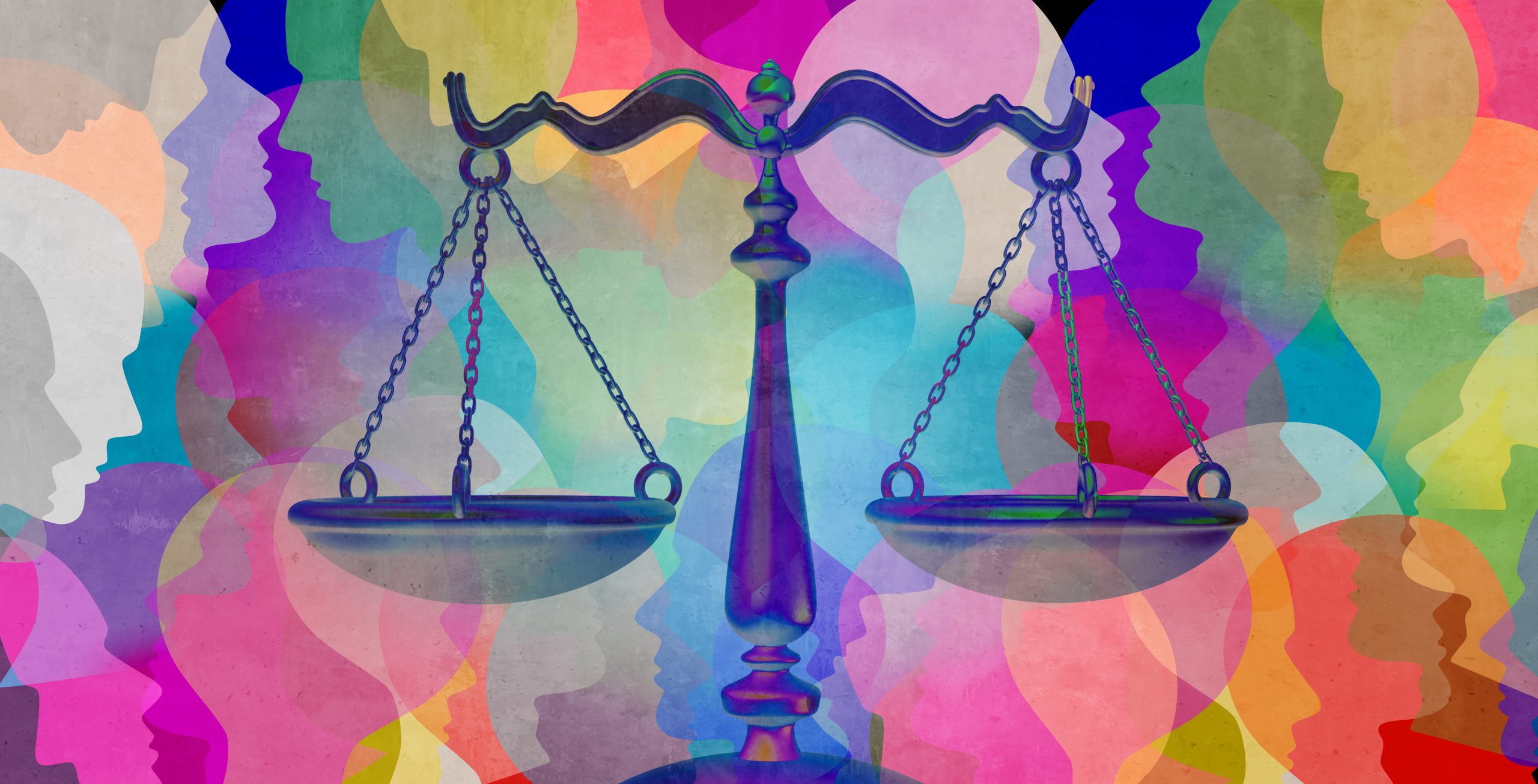
By Hon. James M. Redwine (Ret.)
The Sixth Amendment to the U.S. Constitution provides:
In all criminal prosecutions, the accused shall enjoy the right to a speedy and public trial, by an impartial jury of the State and district wherein the crime shall have been Committed. …
Our Declaration of Independence blamed King George III …
… For depriving us in many cases, of the benefits of trial by Jury; (and)
For transporting us beyond Seas to be tried for pretended offenses.
The Book of Matthew uses the example of separating edible wheat from its husks as an analogy about dividing the good from the bad. In our legal system we almost always assign this task to judges. Probably less than 3 percent of criminal cases are determined by a jury.
The recent case involving the death of George Floyd Jr. and the conviction of Derek Chauvin was one of those extremely rare jury events. However, this is not a Reflection from the Bench about that media-saturated matter that took place in Hennepin County, Minnesota.
Chauvin’s appeal questions whether trial judge Peter Cahill should have granted Chauvin’s motions to change the venue of the trial and to sequester the jury prior to, as well as during, deliberation. The decisions as to whether those specific assigned errors should result in a reversal will fall to the Minnesota state appellate judges and maybe eventually work their way over to the federal judiciary before the saga crawls to an unsatisfactory halt. Shakespeare was right about the Law’s Delay (Justice delayed is justice denied). George Floyd Jr’s. death was May 25, 2020.
What this Reflection is about is the American legal system’s mental gymnastics involving the relative imbalance between trial judges’ assumed ability to be objective in media frenzy cases versus that of jurors.
Perhaps a few specific examples might help define the dichotomy.
During my 40 years as a trial judge in a small, rural county with only two judges, I was faced countless times with having to process cases about which I had personal knowledge. For example, a crime might be reported and then the police or sheriff’s department would present me with a sworn affidavit in support of a request to arrest someone and/or to search their home. A great amount of detail about the alleged crime and the suspect would be laid out before me. Later I would sit as judge on this case.
Another fairly frequent circumstance was when I would know both the named victim and the defendant. I would still sit on the case. In fact, I have remained as the deciding judge on countless cases at the request of victims, defendants and their legal representatives because they all wanted the cases resolved without delay or excessive cost and because the parties and I assumed I could separate the wheat from the chaff, follow the law and be fair and objective.
If I could do so, so can jurors. Black robes are a symbol, not an inoculation against biased decision-making. Facts are what matter, not irrelevancies unconnected to the case at hand.
There are cases where judges should not serve and where the pool from which jurors are selected should be changed. But the decisions to either move the case or lock up the jurors should not be based on the demeaning assumption that lay people would base their verdicts on matters dehors the record any more readily than judges would. Usually judges and non-judges have the ability to take on the sacred mantle of administering justice while putting aside the murmurings and prejudices of news reports.
Our legal system should afford to the citizenry that pays for it the same respect we assume for judges who are paid by it.
The delay, expense and great inconvenience caused by changes of venue and juror sequestration should be a last resort. This was true when we gained our independence and communication was untimely via printing presses and quill pens. How much rarer should such dire remedies be when finding a venue and jurors who have no knowledge of a case would require a trial beyond Mars?
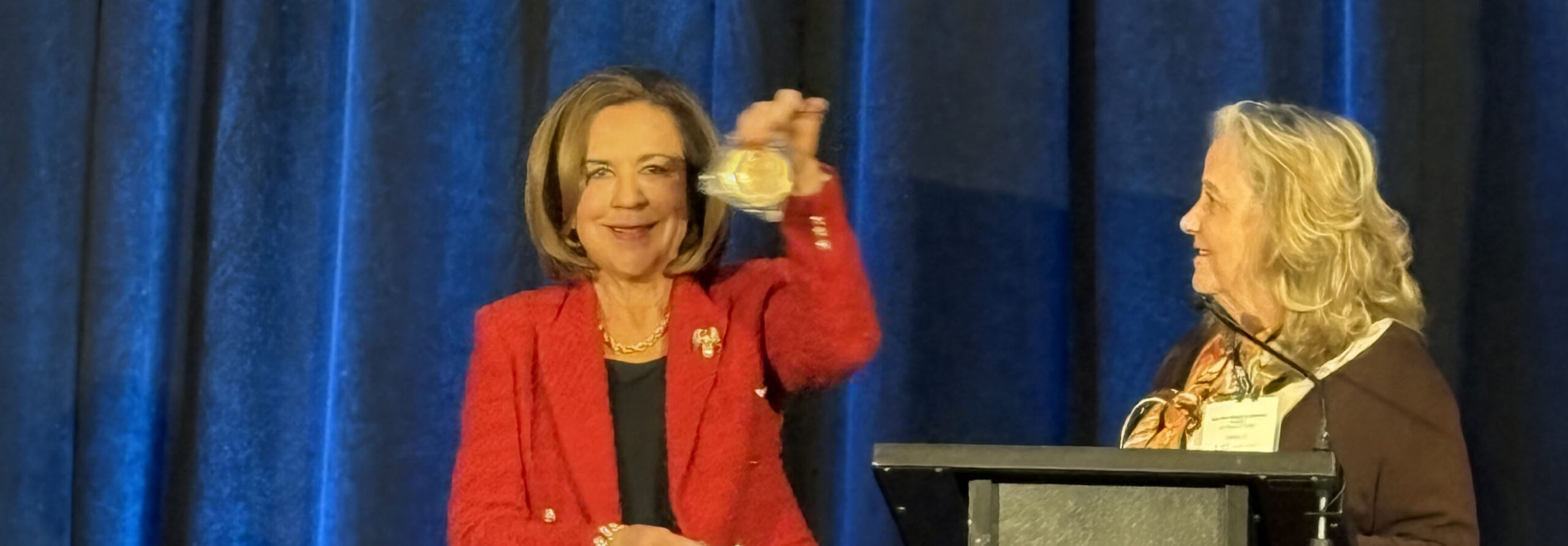
The National Judicial College has awarded Missouri Supreme Court Judge Mary Russell with the Sandra Day O�...

Emeritus Trustee Bill Neukom (left) with former Board of Trustee Chair Edward Blumberg (right) at the NJC 60...

The National Judicial College, the nation’s premier institution for judicial education, announced today t...
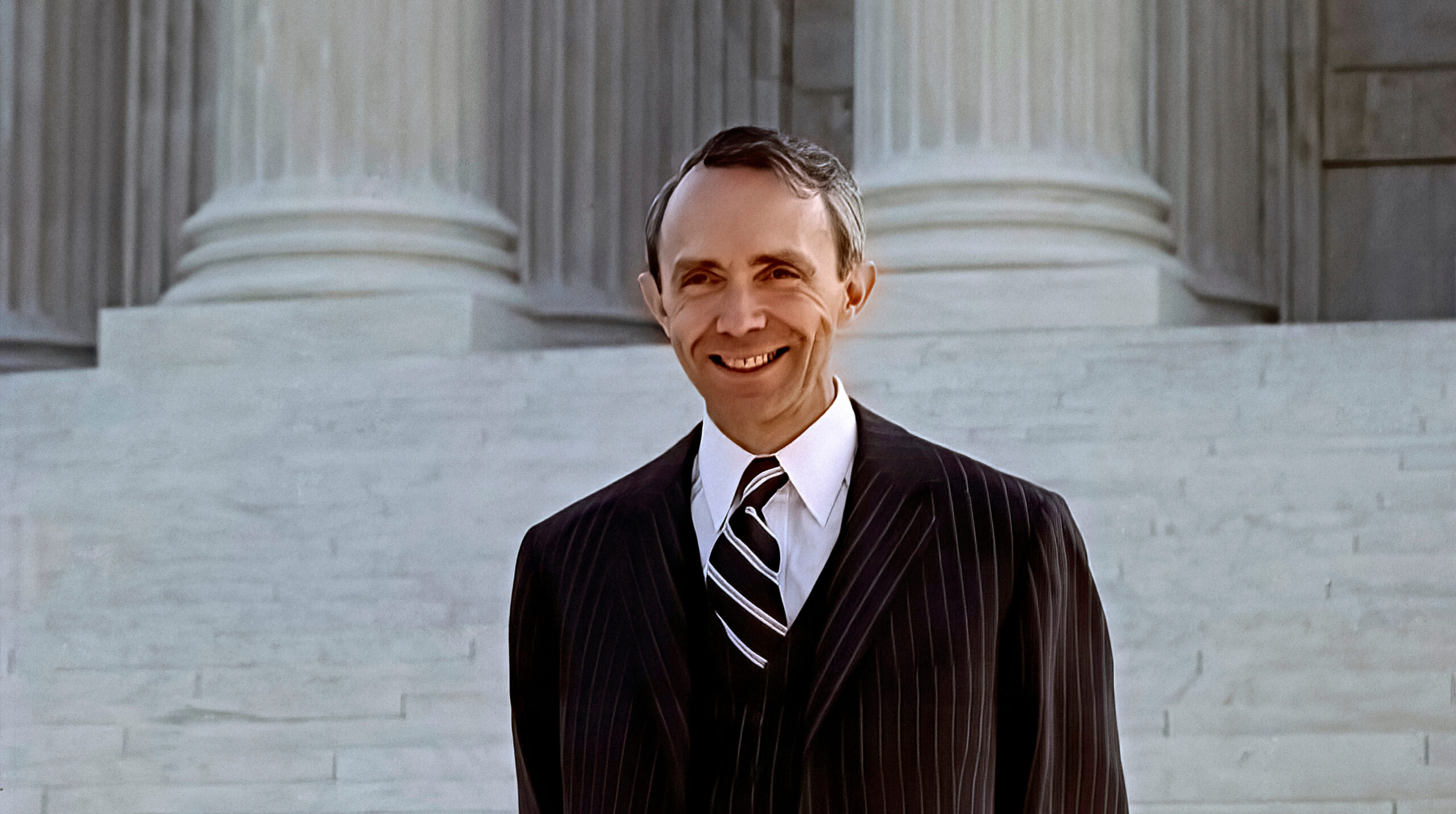
The National Judicial College (NJC) is mourning the loss of one of its most prestigious alumni, retired Uni...
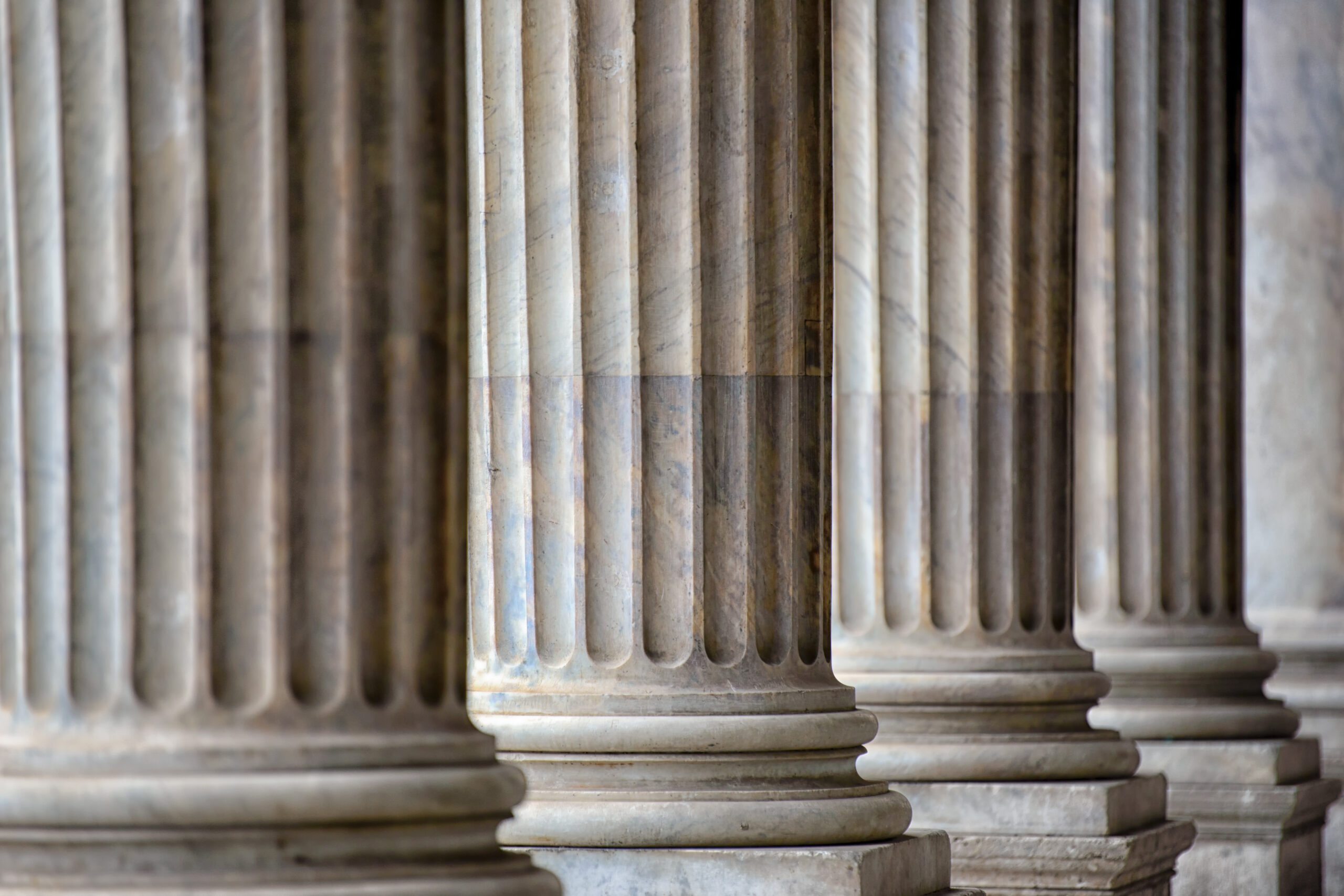
As threats to judicial independence intensify across the country, the National Judicial College (NJC) today...
